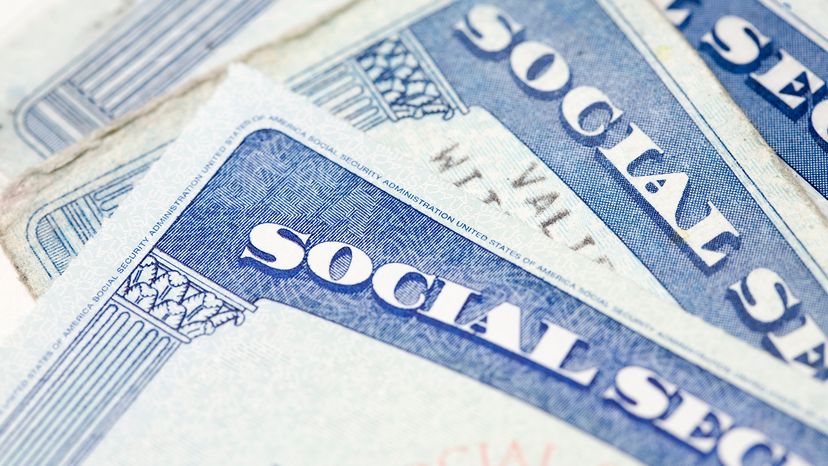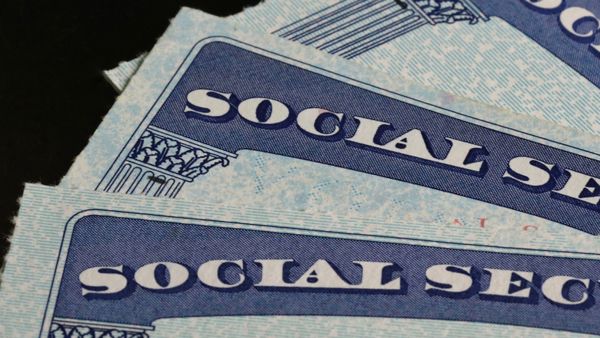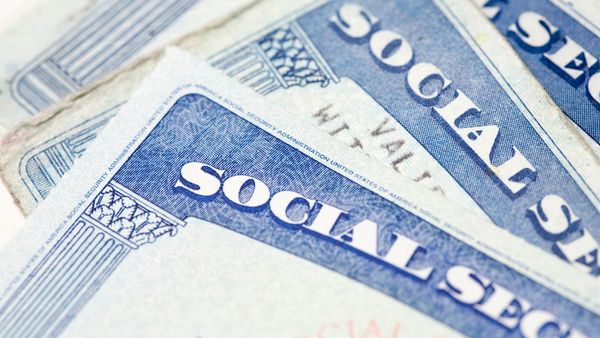
Key Takeaways
- Social Security numbers (SSNs) issued today are random, but before 2011, they were regionally assigned in batches.
- The nine-digit SSN was traditionally divided into three parts: area numbers, group numbers and serial numbers.
- The system has since changed to randomization, with no recycling of numbers upon an individual's death.
Social Security numbers (SSNs) issued today are random numbers, but that wasn't always the case. Before 2011, they were assigned regionally and in batches. The nine-digit SSN, which has been issued in more than 453.7 million different sequences, was traditionally divided into three parts:
- Area numbers - The first three numbers originally represented the state in which a person first applied for a Social Security card. Numbers started in the Northeast and moved westward. This meant that people on the East Coast had the lowest numbers, and those on the West Coast had the highest. Since 1972, the Social Security Administration (SSA) had assigned numbers and issued cards based on the ZIP code in the mailing address provided on the original application form. Since the applicant's mailing address doesn't have to be the same as their residence, their area number didn't necessarily represent the state in which they resided. For many of us who received our SSNs as infants (born before 2011), the area number indicated the state we were born in. You can find out which area numbers went with each state here.
- Group numbers - These two middle digits, which range from 01 through 99, were simply used to break all the SSNs with the same area number into smaller blocks to make administration easier. (The SSA said that, for administrative reasons, group numbers issued first consisted of the odd numbers from 01 through 09, and then even numbers from 10 through 98, within each area number assigned to a state. After all the numbers in group 98 of a specific area had been issued, the even groups 02 through 08 were used, followed by odd groups 11 through 99.)
- Serial numbers - Within each group designation, serial numbers -- the last four digits in an SSN -- ran consecutively from 0001 through 9999.
The agency no longer uses that old system, however, and embraces a policy called SSN randomization. You can learn more about it, and about How Social Security Numbers Work, in our updated comprehensive article.
Advertisement
And in case you're wondering, no, the numbers are not recycled, according to the agency. Upon an individual's death, the number is removed from the active files and is not reused. Recycling numbers might become an issue someday, but not any time soon. The agency says it uses 5.5 million new numbers annually, and statisticians say that the nine-digit SSN allows for approximately 1 billion possible combinations!
Advertisement


